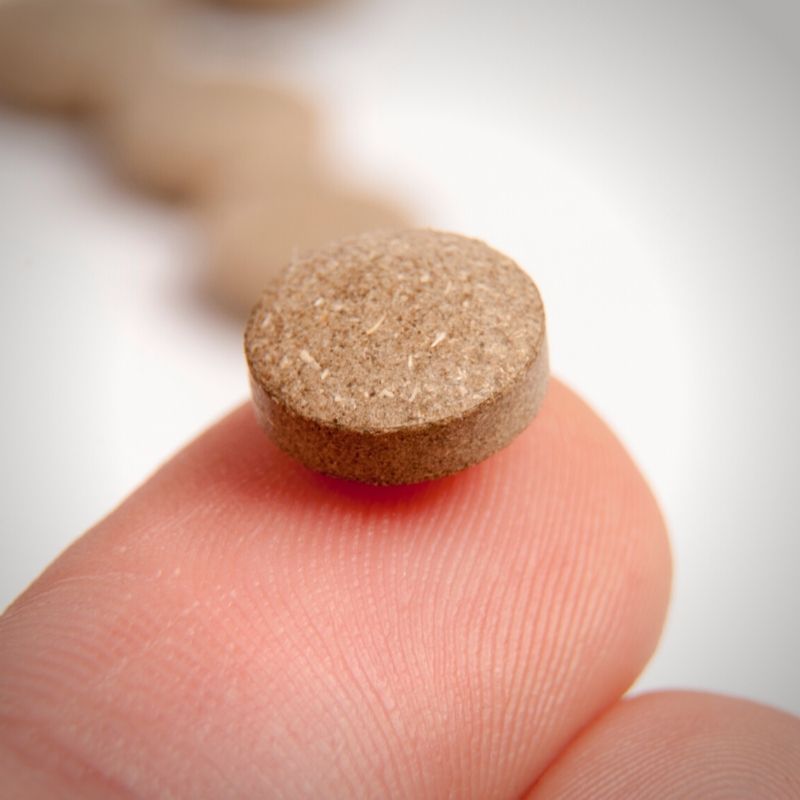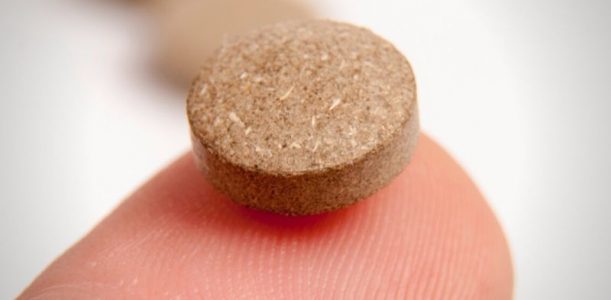
The Need For Safe And Convenient Drug Disposal
There is a dire need across the United States for a safe and convenient disposal method of unused and expired medications. Improper disposal of medication such as throwing in the trash or flushing down the drain can lead to serious environmental contamination and contribute to the nation’s drug abuse problem. When medications fall into the wrong hands and are used for purposes other than as intended, drug diversion occurs. Drug diversion is one of the greatest contributing factors to the opioid epidemic in the United States.
Environmental Contamination and Drug Diversion
Several studies have documented contamination of our nation’s waterways including lakes, streams, and rivers with pharmaceutical waste. The Environmental Protection Agency, EPA, and the drug enforcement agency, DEA, regulate disposal of pharmaceutical waste and controlled substances through regulatory standards. Many wastewater treatment plants lack the capability to completely remove traces of pharmaceutical waste from drinking water which results in long-term exposure to several medications which can be harmful to humans, animals, and aquatic life.
The misuse of psychotherapeutic drugs which includes pain relievers, sedatives, tranquilizers and stimulants is relatively common and is second only to marijuana use as the most commonly used illicit drugs in the United States. Psychotherapeutic medications including benzodiazepine sedatives such as alprazolam and zolpidem (commonly known as Ambien®) are reported to be commonly misused. Misuse includes using for sleep without a prescription, taking at doses higher than prescribed, or used for other purposes such as to feel high, to alter mood or relieve stress.
Activated Carbon for Safe Medication Disposal
Activated carbon, also called activated charcoal or active carbon, can provide a safe disposal method of prescription medication with strong physical adsorption qualities and a highly porous structure. Having a safe and convenient method of disposing of pharmaceutical waste is advantageous for households as well as healthcare facilities, hospitals, and any users of prescription medication.
Prescription users must safely discard unused or expired medications to discourage drug diversion and reduce the risk of environmental contamination. The Food and Drug Administration, FDA, suggests that consumers take expired medications to a drug take back event periodically held by the Drug Enforcement Administration, DEA, or local law enforcement agencies. While many consumers do utilize these programs, there is a lack of awareness and accessibility to ongoing drug take back events.
Activated carbon can inactivate chemical substances and exerts sufficient adsorption and retention of pharmaceutical compounds. Activated charcoal is commonly used to treat emergency poisonings or drug overdose and exhibits successful drug deactivation properties. Deactivation in this study indicates the irreversible physical adsorption of the medication to the activated charcoal. Activated carbon had previously been shown to be effective at deactivating other medications, this study evaluated the effectiveness of deactivating the aforementioned psychotherapeutic drugs.
The conclusion of this study shows that deactivation was achieved by mixing the medications with activated carbon and tap water. The study evaluated desorption by exposing the system to washout solutions. Results showed that on average, more than 94% of the medications were deactivated rapidly, within eight hours. At the end of a 28 day period, all drugs achieved more than a 99% deactivation rate. This study concluded that activated carbon-based pharmaceutical waste disposal systems provide a secure, effective, and convenient method for disposing of unused and/or expired medications.
C2R Global manufactures pharmaceutical waste disposal products which utilize activated carbon for safe and effective disposal of medications. Rx Destroyer™ is available in a wide range of product sizes to meet the needs of various facilities. Contact us for a free sample and to learn more about the effectiveness of activated carbon for pharmaceutical waste disposal including prescription sedative medications.

